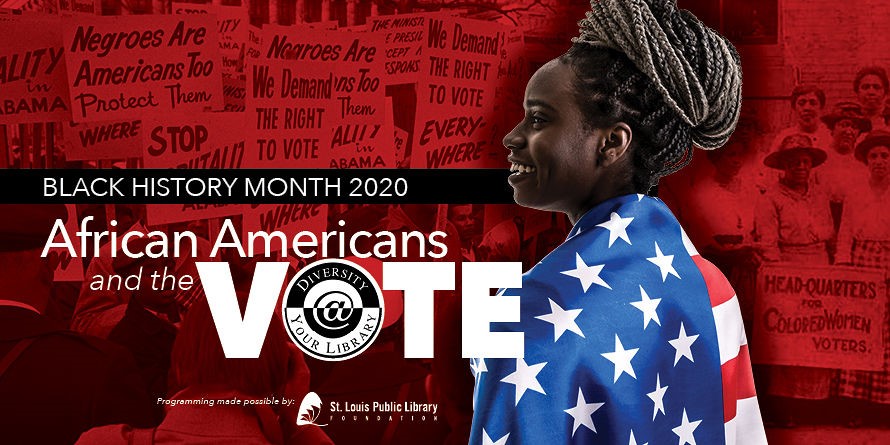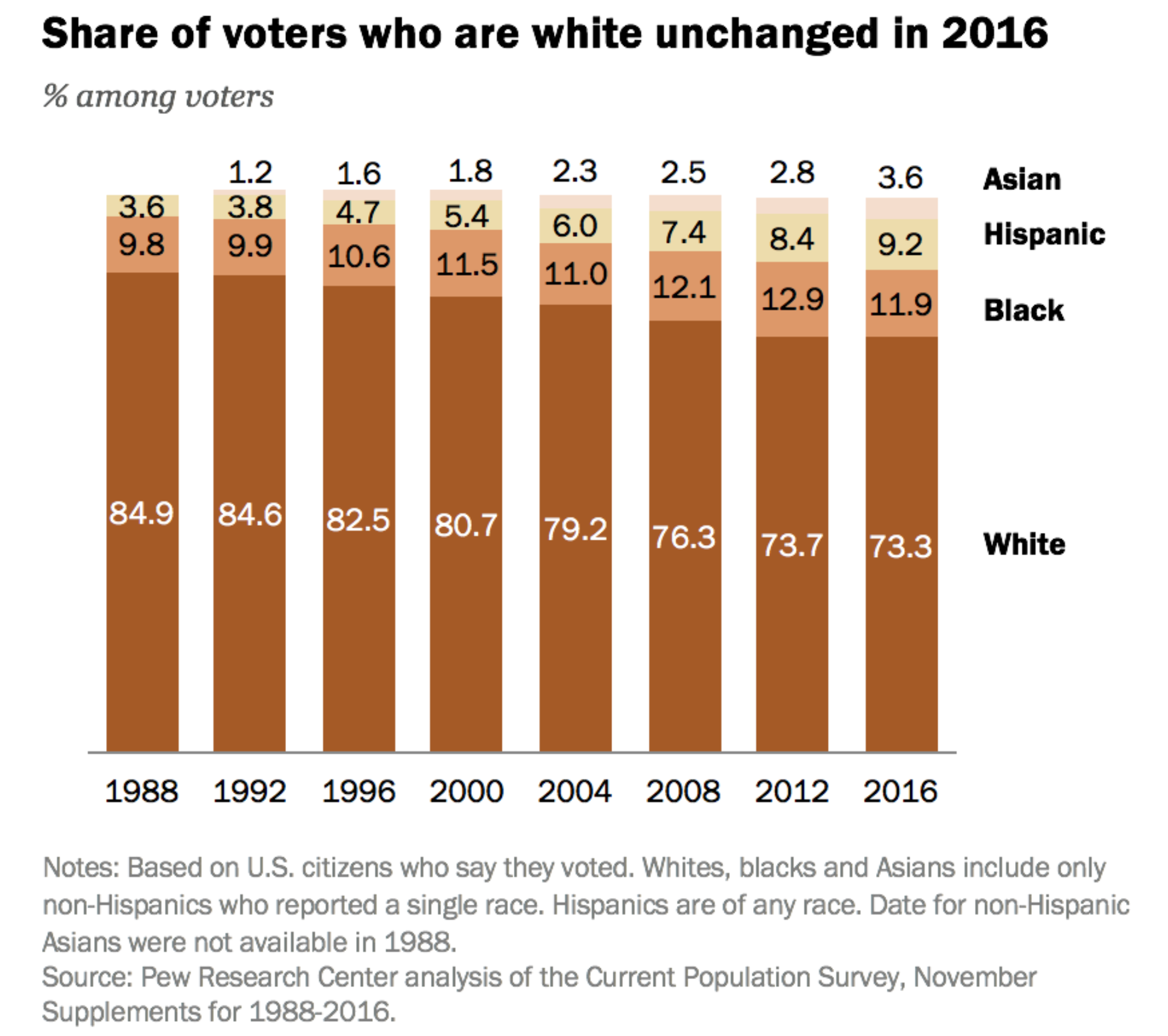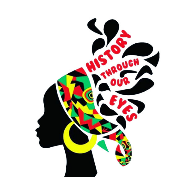Tracy Adams

It is without doubt or hesitation that African Americans have deep-seated roots in the cultivation, development, design, and fabric of this blessed country, the United States of America. Carter Godwin Woodson, the “Father of Black History,” expressed his beliefs that “Blacks should know their past in order to participate intelligently in the affairs in our country.” With the support of schools, key organizations and the general public, Woodson founded Negro History Week, the forerunner to Black History Month. He centered his work around the idea that “Blacks should be proud of their heritage and that other Americans should also understand it”. The Association of the Study of African American Life and History (ASALH) has declared, “The year 2020 marks the centennial of the Nineteenth Amendment and the culmination of the women’s suffrage movement. The year 2020 also marks the sesquicentennial of the Fifteenth Amendment (1870) and the right of black men to the ballot after the Civil War.”
History – The Turning of the Ages
In a time when substantial economic and social differences divided how the northern states and the southern states existed, those differences were the driving forces that dictated those lifestyle choices. While the North was experiencing well established industrial and manufacturing periods of development and growth, the South was heavily dependent on a system of agriculture which was even more tightly tied to its dependency on human capital for domestic servitude and forced labor. Tensions were already at a boiling point, and Abraham Lincoln, “the Great Emancipator,” had just one guiding rule: “My policy is to have no policy.” He put the country on a course of no return.
The end of the American Civil War, also known as the War Between the States, fought from 1861 to 1865 between the North and the South, ushered in a new era for Black people—particularly freedom from enslavement and the basic right to be counted as equal. (Post-Civil War some four million slaves were freed.) The Thirteenth Amendment to the Constitution in 1865 abolished slavery and forced servitude and the Fourteenth Amendment to the Constitution in 1868 gave Black people the right to citizenship. These were followed by the ratification of the Fifteenth Amendment to the Constitution in 1870 which prohibited the government from prejudicially denying voting privileges to any citizen. This move was tremendously significant in the step towards healing the wounds and forbidden hope of decades of oppression, but this did not come without huge cost that would be paid by African American men and women throughout the country for almost a century to come.
The southern states used various means to disenfranchise African Americans, including exercising poll taxes, literacy tests, fraud, force, and intimation to discourage (and eliminate) Black men from voting. The fight for African American suffrage raged on for decades. This unfair treatment was debated in the press, in Congress, and on the street through numerous protests and marches, rallies, and petitions, sometimes leading to death. A full fifty years after the Fifteenth Amendment passed, Black Americans still found it difficult to vote, especially in the South. “What a Colored Man Should Do to Vote” lists many of the barriers African American voters faced.
Moving Ahead … Despite the Odds
In 1963, Dr. Martin Luther King Jr. gave his famous “I Have a Dream” speech to 250,000 people on the steps of the Lincoln Memorial during the March on Washington for Jobs and Freedom. Demonstrators, black and white, rich and poor, stood together to fight for equal rights of black people and fair and equal voting rights for all. It would take the passage of the Voting Rights Act of 1965 before the majority of African Americans in the South were registered to vote. Prior to this only 23% of voting-eligible Blacks were registered to vote, but by 1969 that number rose significantly to 61%. The Voting Rights Act strengthened the Civil Rights Movement and began to eliminate the fundamental barriers that had historically prevented equality while laying the foundation for a new normal of diversity and inclusion throughout our society.
From 1928 to the present day, ASALH dedicates each year to a unique theme that inspires continuous learning and activism. “Over the years, the themes reflect changes in how people of African descent in the United States have viewed themselves, the influence of social movements on racial ideologies, and the aspirations of the black community.” This year’s theme is “African Americans and the Vote.” Black voters are considered a key voting alliance with the Democratic Party. A recent survey of 1200 Black voters showed that Black Americans are more interested in voting in the upcoming election than they were in the election of 2016.

Present Day – The Time is Now
There could not be a more important time in the history of recent elections where standing for ideals that promote the continuity of life matter more. Our society paints the idea that if we collectively, as a people, desire the same social, economic, civil, and cultural advancements, then opportunities to fulfill those wants are accessible to all. It has been roughly 155 years since slavery was abolished and voting rights have been mandated—yet voter turnout in the black community is still low due to jaded minds that the change our forefathers fought and died for will never truly be fully realized.
The time is now. Former President Barack Obama said in his February 5th, 2008 speech to supporters, “Change will not come if we wait for some other person or some other time. We are the ones we’ve been waiting for. We are the ones we seek.” This election has each of our names handwritten on it. The nation is changing its views on respect, sustainability, enrichment, resilience, religious freedoms, and well-being. Each one, each voice, each vote has the power to literally change the world—and impact how the world sees us. This upcoming 2020 electoral race for the White House has emboldened twenty-seven candidates, both politically seasoned, as well as newly sworn in counterparts, to strap on their boots, focus on the most demanding and challenging societal concerns, and head for the finish line. Just the success of gaining the most coveted political position in the nation leaves many with starry eyed hope and ambition to leave their own individual mark on history.
Politically and globally, it is an exhilarating time to engage in issues that affect the worldwide community running the gamut from curing diseases to ensuring clean running water to climate readiness. It is a perfect time to start (if you haven’t already) a new personal initiative to make the necessary adjustments to life as we have known it by getting more involved in community activities and making your own mark on history.

Socially, the country is becoming more aware of the world we are a part of and the concerns (and cries) of our brothers and sisters in neighboring countries. We accept and defend the right to be recognized as a global leader with the responsibility to set the tone for social wellness the world over. Economically, we are reaching new heights and chartering new territory, with the U.S. taking the lead position in economic health, at just over $20 trillion in GDP, due in part to high average incomes, a large population of over 327 million people, capital investment, low unemployment rate (3.6%), high consumer spending (71% of GDP), a relatively young population (median age of 38.1 years), and technological innovation. Environmentally, we MUST save the planet. With each election year, we see growing interest to make this an enduring priority for the elected officials at the Federal, State, and local levels through environmental protection and preservation initiatives, like the NYC Carbon Challenge, NYC ZeroWaste, and GreeNYC. Visit www.nyc.gov for more information.
We can join the present-day civil rights movement like African American heroes of the past and present: Harriet Tubman, Sojourner Truth, Rosa Parks, Martin Luther King Jr., W.E.B Du Bois, Jessie Jackson, Oprah Winfrey, and Barack Obama, or “Wait for some other person or some other time.” How will you vote?
For more information on voting in NYC, visit https://www.census.gov/topics/public-sector/voting.html

